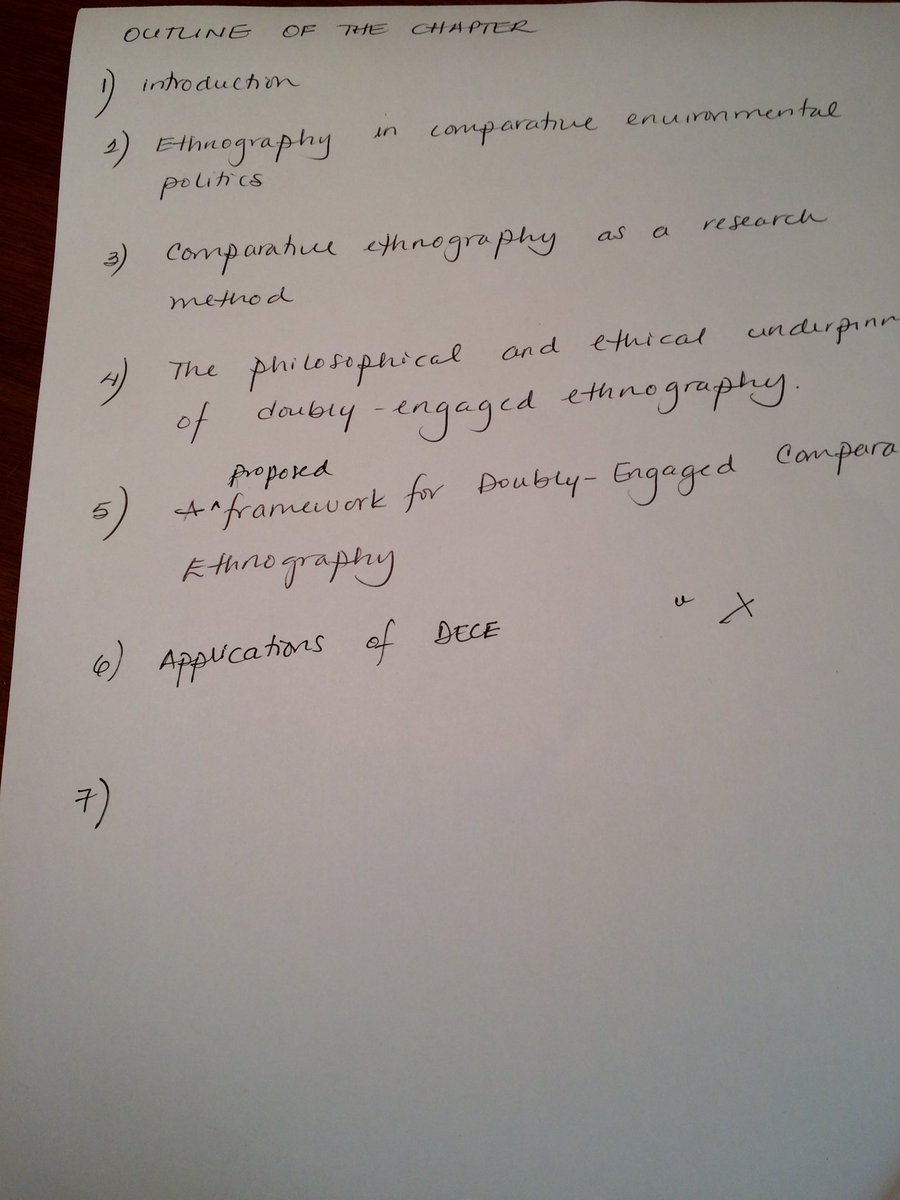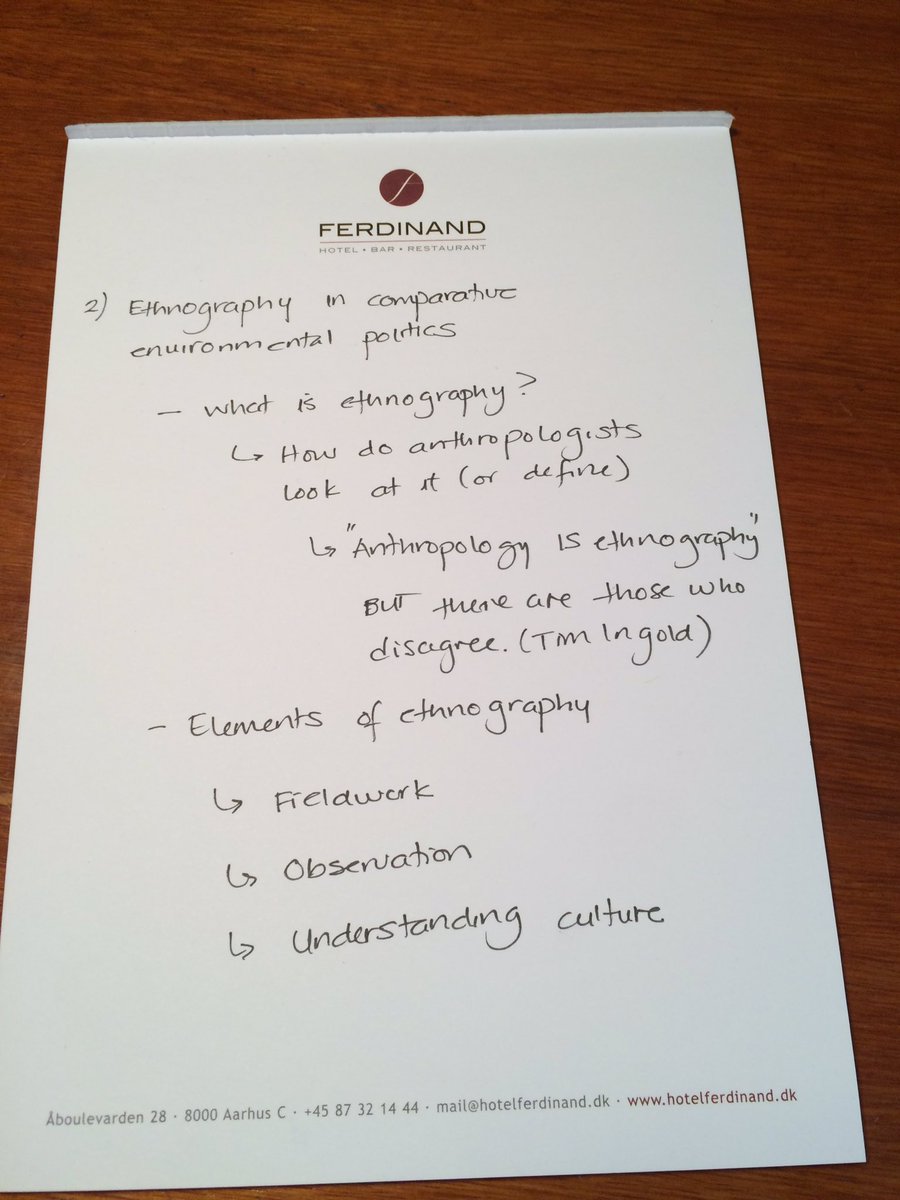
I just read that thread about awful experiences during dissertation defenses.
My own was an absolute breeze. I had a fantastic time. I was asked tough questions that were fair, helped me showcase that I actually knew my stuff, and then gave me an opportunity to shine through.
My own was an absolute breeze. I had a fantastic time. I was asked tough questions that were fair, helped me showcase that I actually knew my stuff, and then gave me an opportunity to shine through.
HOWEVER... and herein lies the rub, and this is the reason why I spend at least 2 weeks full time working with my doctoral students on their defenses, pre-defense:
My advisor made me do dry runs and send him draft slides over 3 weeks before my doctoral dissertation defense.
My advisor made me do dry runs and send him draft slides over 3 weeks before my doctoral dissertation defense.
I did at least 4 dry runs with him where we went through the changes that needed to be made. He was thorough but never rude.
Then I did a mock defense with @hishamzerriffi (my best friend) as my audience. He gave me extensive feedback on the slides, my presentation style, etc.
Then I did a mock defense with @hishamzerriffi (my best friend) as my audience. He gave me extensive feedback on the slides, my presentation style, etc.
After that last dry run I had a good night sleep, didn't look at my slides until 30 minutes before my defense, and after I was done, my advisor emailed his entire lab to say "Raul's defense is the model of what I expect from a PhD viva - outstanding performance, incredible work".
With my own doctoral students, I ask them for a draft of their slides at least 2 weeks in advance, and we do fortnightly dry runs for at least a week, and then a couple more right before the defense.
And they DO ace their defenses :)
(YMMV, as always).
</end thread>
And they DO ace their defenses :)
(YMMV, as always).
</end thread>
• • •
Missing some Tweet in this thread? You can try to
force a refresh






